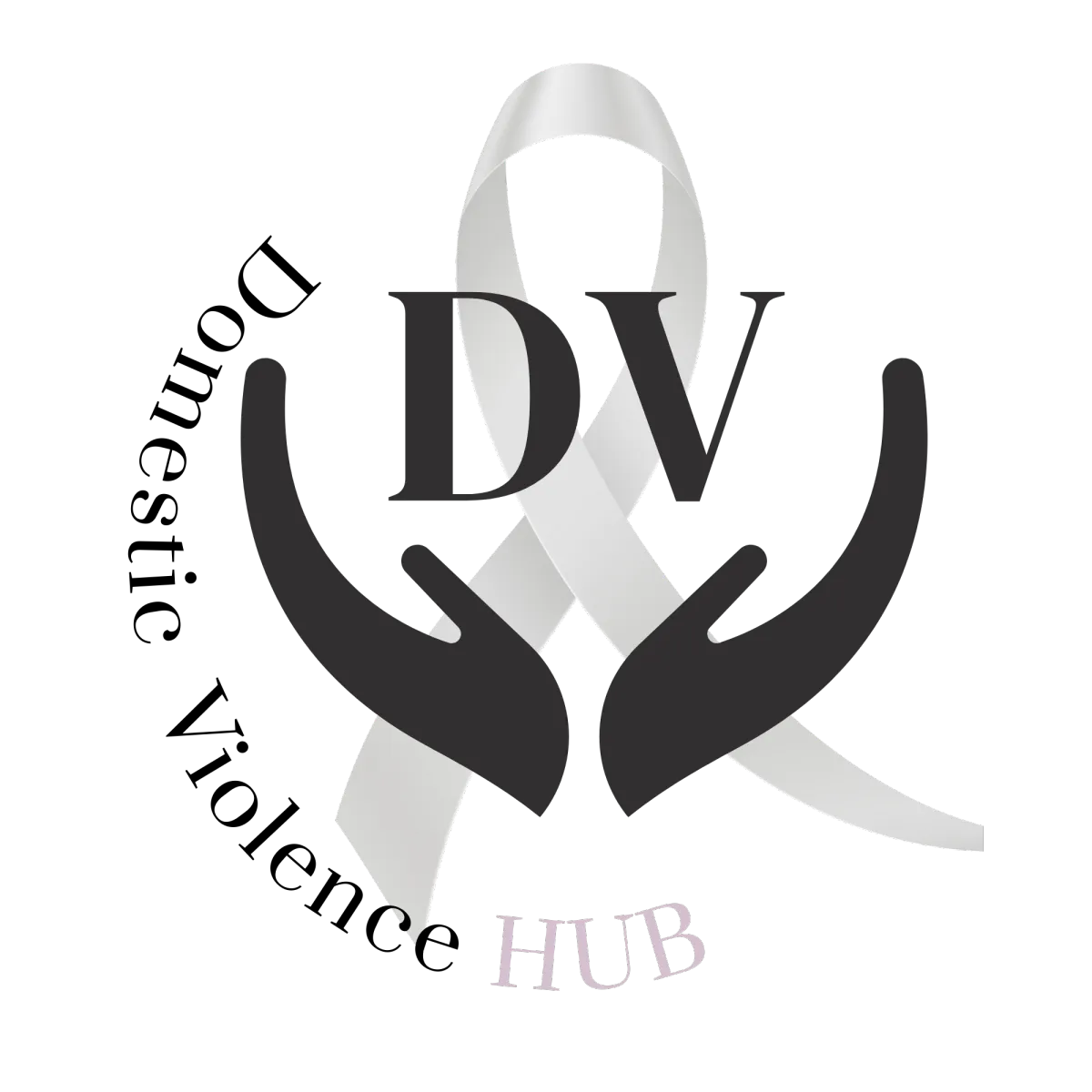Pre-existing health issues and Menopause
Welcome to the
Women’s Wellness Hub

Women's Wellness Hub Directory
Physical and Emotional Health & Wellness
Social Wellness
Financial, Legal and Safety wellness
Women's Wellness Blog

Economic Abuse Awareness Day
Economic and financial abuse is a form of domestic abuse in Australia.
It often occurs in the context of intimate partner violence, and involves the control of a partner or ex-partner’s money and finances, as well as the things that money can buy.
Economic abuse and financial abuse involve similar behaviours, but it can financial abuse is often thought of as a subcategory of economic abuse. Economic abuse encompasses the many ways that an abuser may control someone’s economic situation, including employment, food, basic necessities, medication, transport and housing, for example. Financial abuse can often be thought of as controlling the actual money by stealing, gambling, coercing someone into taking on debt, controlling their allowance each week,
1 in 6 women in the Australia have reportedly experienced economic abuse by a current or former partner.
Economic abuse can include exerting control over income, spending, bank accounts, bills and borrowing. It can also include controlling access to and use of things like transport and technology, which allow a person to work and stay connected, as well as property and daily essentials like food and clothing. It can include destroying items and refusing to contribute to household costs. Gambling away your financial security and destroying your credit rating.
Refusing to pay child support and not financially disclosing assets and debts during financial property settlements are also a way of economically abusing a person and intentionally controlling them.
This type of abuse is a form of coercive and controlling behaviour. Economic abuse rarely happens in isolation and usually occurs alongside other forms of abuse, including physical, sexual and psychological abuse. 95% of cases of domestic abuse involve economic abuse. It can continue long after a leaving and can have lifelong effects
This type of abuse is designed to create economic instability and/or make one partner economically dependent, which limits their freedom. Without access to money and the things that money can buy, it is difficult to leave an abuser and access safety. Someone experiencing this type of abuse can become trapped in a relationship with the abuser, unable to resist the abuser’s control and at risk of further harm. In this way, economic safety underpins physical safety.
The impact of economic abuse makes leaving and rebuilding lives more challenging for survivors and their family. Many victim-survivors leave with large amounts of debt and poor credit ratings, affecting their long-term economic stability.
Red Flag (warnings) of economic/financial abuse
Economic abuse can take many forms. The perpetrator/abuser:
Sabotages your income and access to money:
prevent you from being in education or employment
limit your working hours
takes your pay
refuse to let you claim government payments/ benefits or take all the benefits
take children’s savings or birthday money
refuse to let you access a bank account
making you work in a family business without pay
give you a small allowance for necessities only
takes any windfall you get such as an inheritance
Restrict how you use money and the things that you own:
control when and how money is spent
dictate what you can buy
make you ask for money
give you a small allowance to cover necessities only
check your receipts
make you keep a spending diary
make you justify every purchase made
control the use of property, such as a mobile phone or car
insist all economic assets (eg savings, house) are in their name
keep financial information secret
Exploits your economic situation:
steal your money or property
steal your identity or inheritance
cause damage to your property
refuse to contribute to household costs
spend money needed for household items and bills
misuse money in joint bank accounts
insist all bills, credit cards and loans are in your name and make you pay them
build up debt in your name, sometimes without your knowledge
destroying your credit rating affecting your future financing ability
There is help
If you have experienced economic or financial abuse, you are not alone. There are people and organisations that can help .Refer to www.dvsupporthub.com for information on various services that can help as well as ways to help you financially get back on your feet.
Call 1800RESPECT for immediate assistance
This site is brought to you by Family Counselling Support Network
Book in directly with one of our professionals today

We are here to help

We are committed to protecting your personal information and respecting your privacy. This website uses cookies to analyze website traffic and optimise your website experience. By accepting our use of cookies, your data will be aggregated with all other user data.
DISCLAIMER: The material contained on this website is for general educational and information purposes only and is not a substitute for professional legal, financial, medical or psychological advice or care. While every care has been taken in the information provided, no legal responsibility or liability is accepted, warranted or implied by the authors or Family Counselling Support Network and any liability is hereby expressly disclaimed. For specific advice please contact us at [email protected]. All information contained on the website remains the intellectual property of Family Counselling Support Network and is for your personal educational use only. The information must not be reproduced or distributed without the express permission of Family Counselling Support Network.
Family Counselling Support Network acknowledges and respects the First Nations Custodians of the land where our offices stand, and where we work to help Australians. We pay respects to their Elders, past present and emerging, lore, customs and creation spirits. We recognise that these lands have always been places of ceremony, teaching, research and learning, and we acknowledge the important role Aboriginal and Torres Strait Islander peoples play in our community.
We are committed to providing an inclusive and accessible environment where people and communities of all identities and backgrounds are accepted, safe and celebrated.
Privacy Policy | Terms and Conditions




















